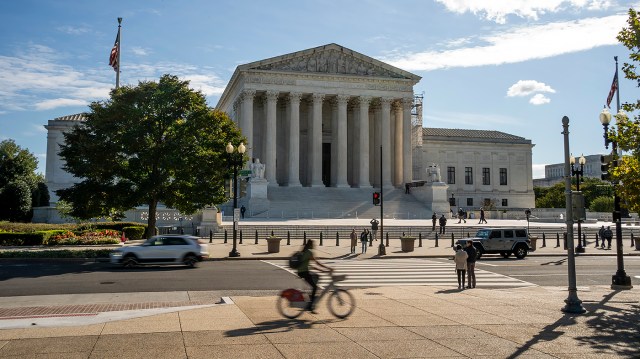Faith, Education, and Law: Supreme Court Poised to Reshape School Choice Landscape

In a landmark legal showdown, the Supreme Court is set to explore a potentially groundbreaking case that could dramatically reshape the landscape of education and religious freedom in America. This Wednesday, justices will hear arguments that could pave the way for the nation's first openly religious charter school funded by taxpayer dollars.
The case promises to be far more than a simple legal dispute; it represents a pivotal moment that could have sweeping implications for both private and public educational institutions across the United States. At its core, the case challenges long-standing boundaries between church and state, potentially redefining how religious organizations can access public educational funding.
Legal experts and education advocates are watching closely, recognizing that the court's decision could fundamentally alter the relationship between religious institutions and public education. The outcome may set a precedent that could transform how charter schools operate and how religious organizations can participate in publicly funded educational programs.
As the Supreme Court prepares to delve into this complex legal terrain, the nation stands at a critical crossroads, waiting to see how the justices will balance constitutional principles of religious freedom with established educational funding guidelines.
